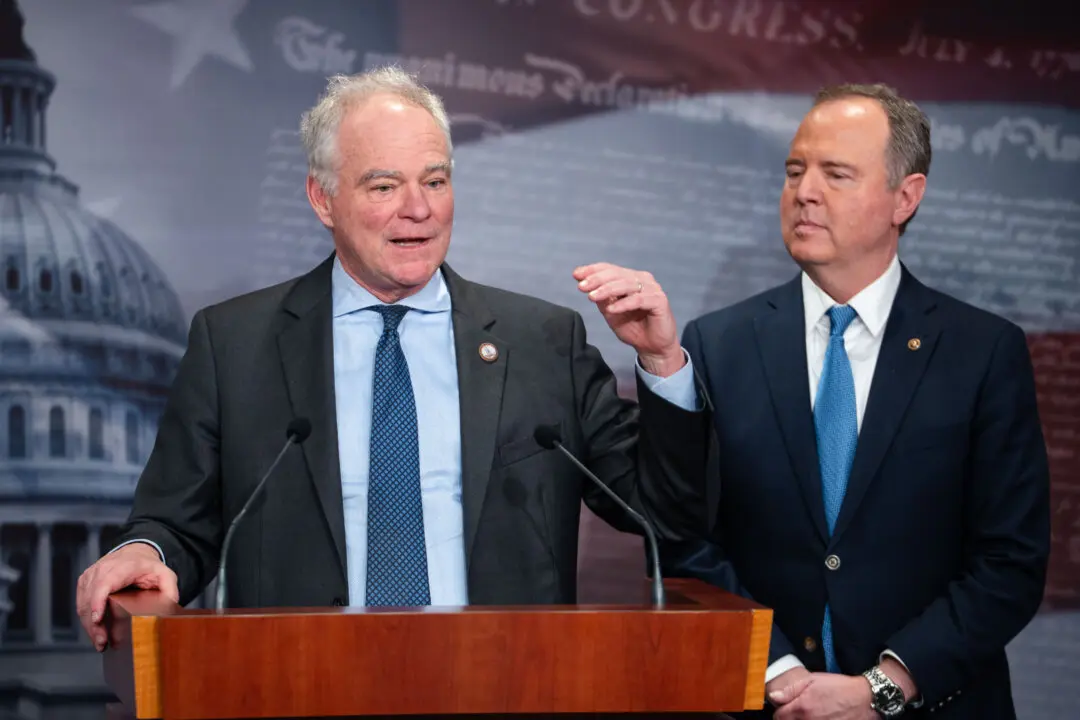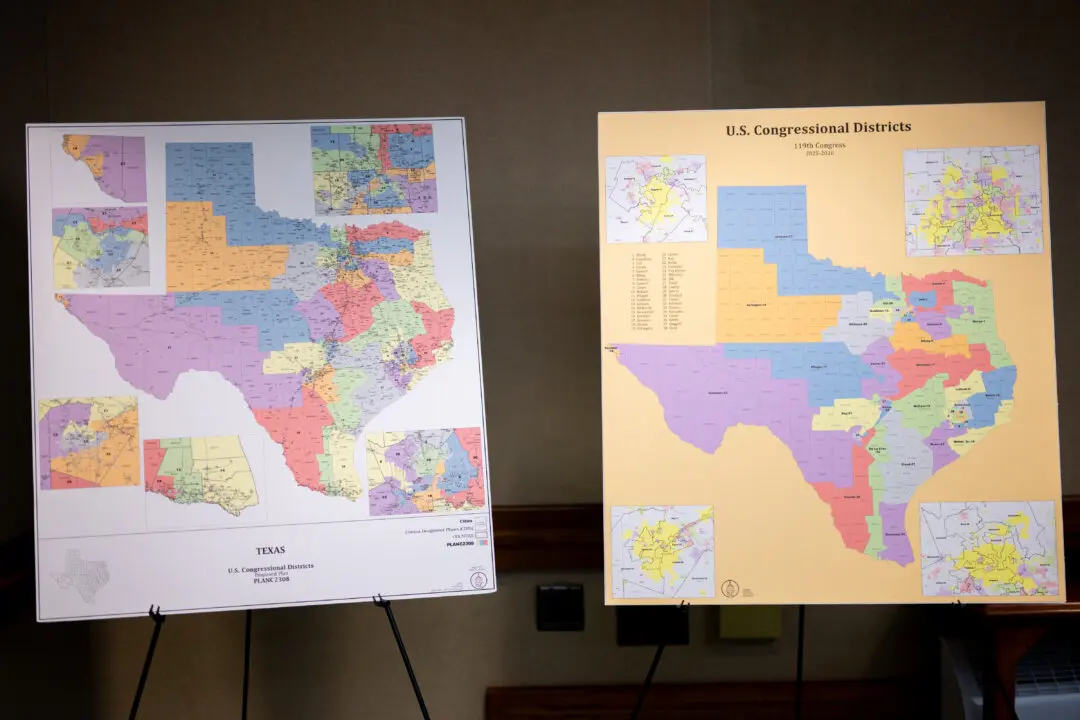Law and finance professors from across the country have criticized the Securities and Exchange Commission’s (SEC’s) March 21 proposal to compel climate-related disclosures by public companies, arguing that the move exceeds the SEC’s authority and reflects the outsized influence of “institutional asset managers who are managing other people’s money, not their own.”
“Rather than provide investor protection,’ the Proposal seems to be heavily influenced by a small but powerful cohort of environmental activists and institutional investors, mostly index funds and asset managers, promoting climate consciousness as part of their business models,” the academics wrote in an April 25 letter to the SEC.





